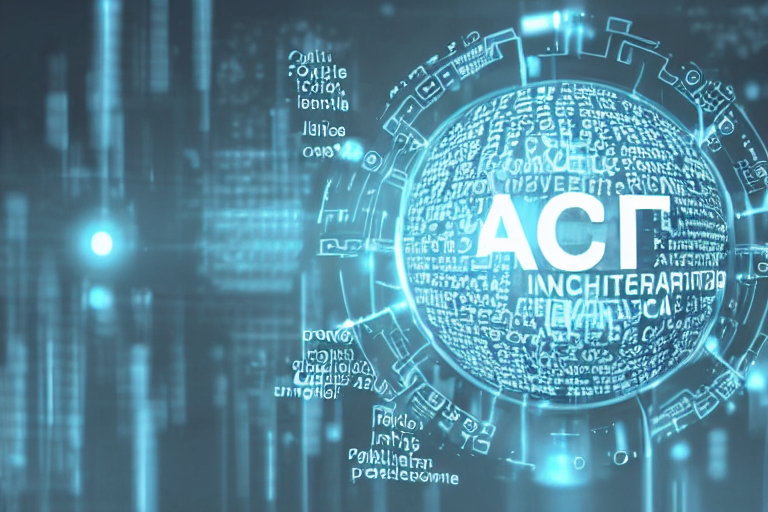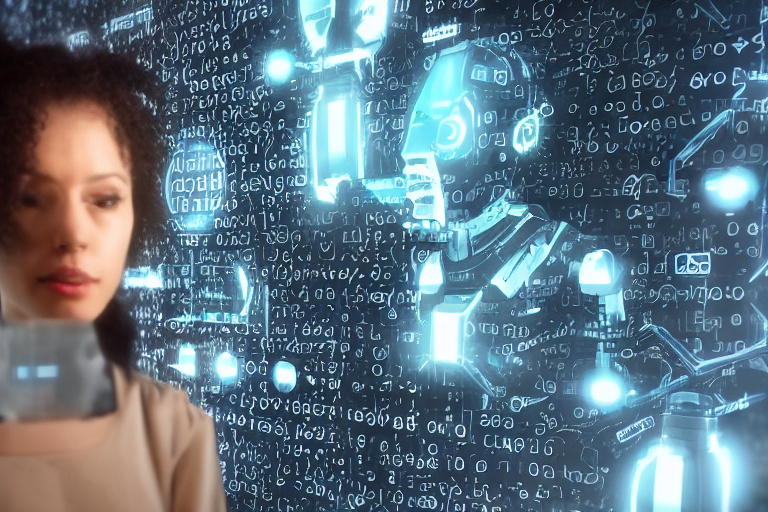In today’s world, it seems like everything is becoming more and more reliant on technology. We have devices that can do everything from answer our questions to keep us entertained. It’s no wonder, then, that people are starting to become more and more interested in artificial intelligence (AI). But what exactly is AI? And what potential uses does it have?
Introduction to artificial intelligence
Artificial intelligence (AI) is a field of computer science and engineering that deals with the creation of intelligent agents, which are systems that can reason, learn, and act autonomously. AI research is focused on creating systems that can achieve goals in complex environments, such as natural language processing, computer vision, and machine learning.
There are many potential applications for AI, including robotics, healthcare, finance, and manufacturing. Some of the most famous AI applications include Google’s search engine, Apple’s Siri voice assistant, and Facebook’s Messenger platform.
AI has the potential to improve our lives in many ways. For example, AI could help us to better understand and navigate our surroundings. AI could also help us to identify and prevent frauds. In the future, AI could even help us to create new technologies.

What is artificial intelligence?
Artificial intelligence has the ability to simulate or model the workings of human brains, allowing computers to understand and respond to complex questions and commands. While early iterations of artificial intelligence focused on general problems such as recognizing objects or understanding language, more recent research has sought to develop AI that can carry out specific tasks, including intelligent navigation, autonomous driving and pattern recognition.
The history of artificial intelligence
Artificial intelligence is a recent development in the field of computing which allows machines to be taught how to do things that normally require human intelligence, such as recognizing faces or solving complex mathematical problems. The origins of artificial intelligence can be traced back as far as the mid 1800s when Charles Babbage designed a machine called “The Analytical Engine” which could only carry out simple mathematical operations. However, it was not until the early 1950s that IBM developed its first computer system which could actually produce intelligible responses to questions. Since then, artificial intelligence has made significant progress and today there are myriad applications for this technology, including in fields such as finance and healthcare.
How does artificial intelligence work?
What are some potential uses for artificial intelligence?
Artificial intelligence (AI) is a branch of computer science concerned with designing machines that can carry out tasks that normally would be carried out by human beings. AI research has been going on for over fifty years, but so far only very rudimentary versions of AI have been able to accomplish even simple tasks. There are many reasons why artificial intelligence has had difficulty achieving more complex tasks. One reason is that it is difficult to create a machine that can learn from experience and make deductions on its own. Another problem is that the number of possible solutions to problems in AI exceeds the amount of data that can be stored in computers. Currently, most aspects of AI are still confined to extremely simplified situations, such as Jeopardy! questions or video games where one player tries to defeat another by guessing the answers to questions. However, there are many potential uses for artificial intelligence that have not yet been explored. Some potential uses for AI include:
- Autonomous vehicles: Autonomous vehicles are vehicles that are controlled by computers rather than a human driver. There are many different types of autonomous vehicles, including cars, trucks, buses, and planes. Autonomous vehicles have the potential to save a lot of lives by reducing the number of accidents.
- Robots: Robots are machines that are designed to do tasks that would be difficult or impossible for a human to do. They are used in factories, hospitals, and other places where it is important to have a machine that can work without being disturbed.
- Virtual assistants: Virtual assistants are computer programs that help people with their daily tasks. They can be used to schedule appointments, find information, and make purchases.
- Machine learning: Machine learning is a type of AI that allows computers to learn from data without being explicitly programmed. This is a very important technology because it allows computers to improve their performance over time by learning from experience.
How could artificial intelligence impact the future?
Artificial intelligence has been around for decades, but its potential uses have only recently been explored. Some of the most common uses for artificial intelligence include computerized customer service, fraud detection, and automatic translation.
Artificial intelligence could have a significant impact on the future. For example, it could help to automate many tasks currently performed by humans. This could free up people to do more important tasks, such as developing new technologies. It could also lead to increased efficiency in businesses and improved customer service.
What are some concerns about artificial intelligence?
Artificial intelligence is a branch of computer science that deals with the design and development of intelligent machines. It has been around for decades, but only in the past few years have we started to see dramatic advancements in its capabilities.
How does artificial intelligence work?
One approach involves training a machine learning algorithm on large data sets. This allows the AI system to “learn” on its own and get better at making predictions or recommendations.
Some concerns about artificial intelligence include fears that it could be used to create robots that are capable of doing harm and developing self-learning algorithms that could outsmart humans. There are also worries about what this may mean for jobs in fields like engineering and research, as well as broader social implications. While these concerns are certainly legitimate, we need to take them into account and explore all the possible implications of artificial intelligence before we make any decisions.

The benefits of artificial intelligence
Artificial intelligence has the potential to be a powerful tool for solving many problems. It can help us to make better decisions, navigate our way through complex systems, and even learn new things.
Some concerns about artificial intelligence include the possibility that it could be used to harm humans or other animals, and that it could create new forms of inequality. However, these concerns are largely unfounded. In fact, artificial intelligence has the potential to help us achieve many goals that we would otherwise be unable to achieve.
The risks of artificial intelligence
As artificial intelligence (AI) continues to evolve and develop, it holds the potential to greatly improve our lives in countless ways. However, there are also concerns that AI could have negative consequences as well. Here are four key risks of artificial intelligence:
- Cognitive bias risk: AI systems can be programmed with cognitive biases – our own patterns of thinking that can lead us to make decisions based on our prior experiences and preconceptions rather than objectively assessing the situation. This could undermine trust in digital technologies and lead to discriminatory practices or decision-making biases.
- Autonomous weapon risk: Since AI systems can operate without human input, they could be used to create lethal autonomous weapons systems (LAWS). These would be machines that are able to select and fire missiles without human supervision, potentially leading to widespread civilian casualties.
- Economic vulnerability risk: As AI becomes more prevalent in everyday life, it will become easier for hackers or other malicious actors to exploit vulnerabilities in digital devices and software applications. If these systems were compromised by a cyberattack, businesses could suffer serious financial losses up front as well as longer-term damage from lost customers and lower productivity due to disruptions in production processes.
- Social challenge risk: As AI begins performing tasks once thought only possible by humans, such as understanding natural language or recognizing facial expressions, it may struggle with certain social interactions or situations where interpreting nonverbal cues is important, such as job interviews or negotiations. This could lead people who rely on machine learning algorithms for critical decisions to feel disadvantaged compared not just with human employees but also with computer programs that perform predictable tasks using simple rulesets
The future of artificial intelligence
Artificial intelligence is a rapidly growing field of study that has the potential to change the way we live and work. There are many potential uses for artificial intelligence, including in healthcare, finance, and manufacturing.
There are some risks associated with artificial intelligence, including the possibility that it could be used to harm humans or damage ecosystems. However, there are also many potential benefits of artificial intelligence, including improved efficiency and productivity, more accurate and timely information, and reduced costs. It will be important to monitor the development of artificial intelligence to ensure that its benefits outweigh its risks.
Artificial intelligence is one of the most fascinating and potentially useful fields of study today. It has the potential to revolutionize our lives and the way we interact with the world around us. However, it also poses some risks that we need to be aware of. We need to continue to learn about artificial intelligence and its potential uses and dangers to make sure that we can harness its power for good.
Check out our other content on artificial intelligence to learn more about this amazing technology!

